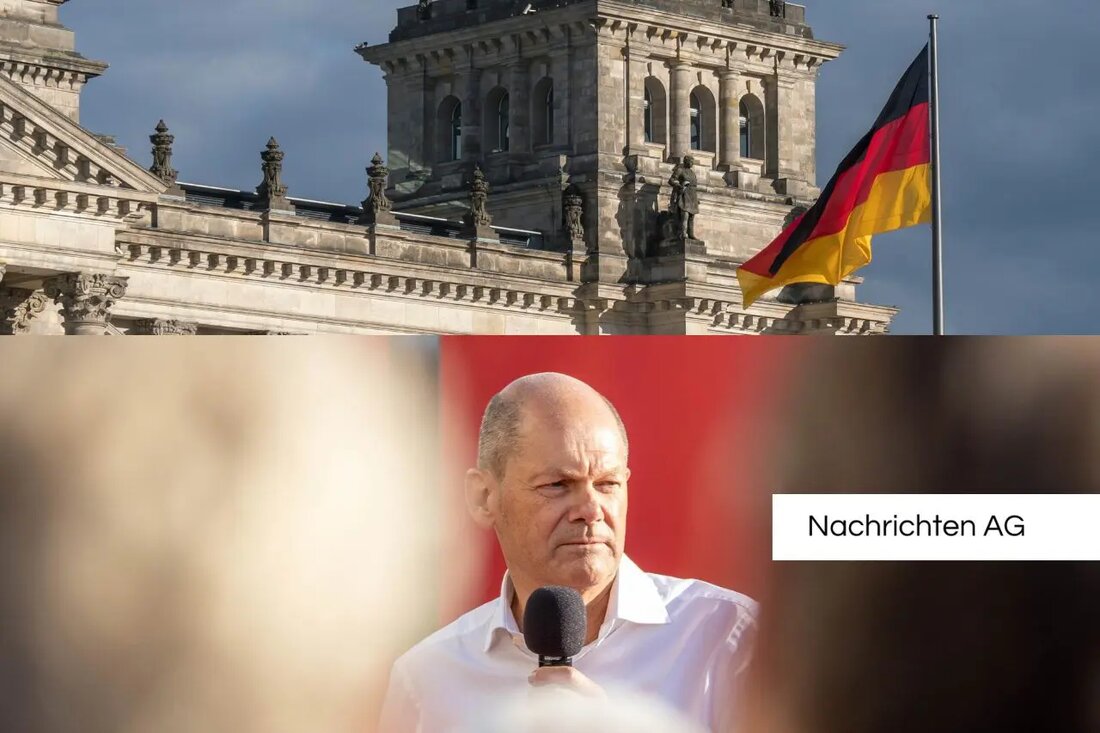Politics in change: CDU relies on zero tolerance for migration!
Politics in change: CDU relies on zero tolerance for migration!
In Germany there is a choice that could significantly change the political landscape. The CDU relies on a clear strategy in the field of internal security and irregular migration. This caused heated discussions before the upcoming elections. A trademark of the party is the zero tolerance policy, which is characterized, among other things, by permanent border controls, the basic rejection of illegal entry and facilitating deportations. In addition, the Union wants to advance the withdrawal of double citizenships in order to cope with the integrative challenges.
This debate has gained a trip through a violence in Aschaffenburg, which many interpreted by many as an example of the failure of the state in the implementation of laws. Hendrik Wüst, Prime Minister of North Rhine-Westphalia, is part of a black and green coalition and emphasizes that NRW has been preparing with a comprehensive security and migration package since the attack in Solingen. Wüst claims that the deportation procedures in NRW are now being handled faster than in the German average.
political reactions and challenges
The position of the CDU in relation to asylum policy is supported by prominent voices, including that of Friedrich Merz. Merz demands that protection for asylum entitlements are guaranteed, while at the same time the focus is on the termination of irregular migration and consistent return. Ronen Steinke, a lawyer and journalist, considers the Union's plans to be legally implementable and criticizes the populist rhetoric, which promotes a legislative pressure in politics.
The SPD Mayor of Fürth, Thomas Jung, calls for a more restrictive migration policy that should be designed according to the Danish model. He speaks for an upper limit to maintain social peace and criticizes the currently inadequate political reactions on acts of violence.
asylum law challenges in Europe
According to the reform, at least 30,000 refugees are to be redistributed to other EU countries annually. This is part of a solidarity mechanism that also includes countries that refuse to accept refugees and instead have financial support. A crucial component of the reform is the harder handling of people from people from people, including the current EU states as well as Albania, Bosnia and Herzegovina, Georgia, Ghana, Kosovo, North Macedonia, Montenegro, Moldova, Senegal and Serbia
return and border controls
In the context of asylum policy, the debate about repatriation has recently become more important. Federal Interior Minister Faeser has guaranteed a comprehensive examination of outsourcing asylum procedures in third countries. The discussion about deportations, especially after Afghanistan and Syria, has flared up again, with Chancellor Scholz clearly pronounced for the return of offenders.
To secure national borders, additional controls have been introduced at the Borders to the Czech Republic, Poland and Switzerland since October 2023. These measures aim to reduce illegal immigration and to ensure internal security, while the challenges in the field of integration policy are discussed at the same time.
| Details | |
|---|---|
| Quellen | |


Kommentare (0)